Have Has Had Basic English Grammar Grammar
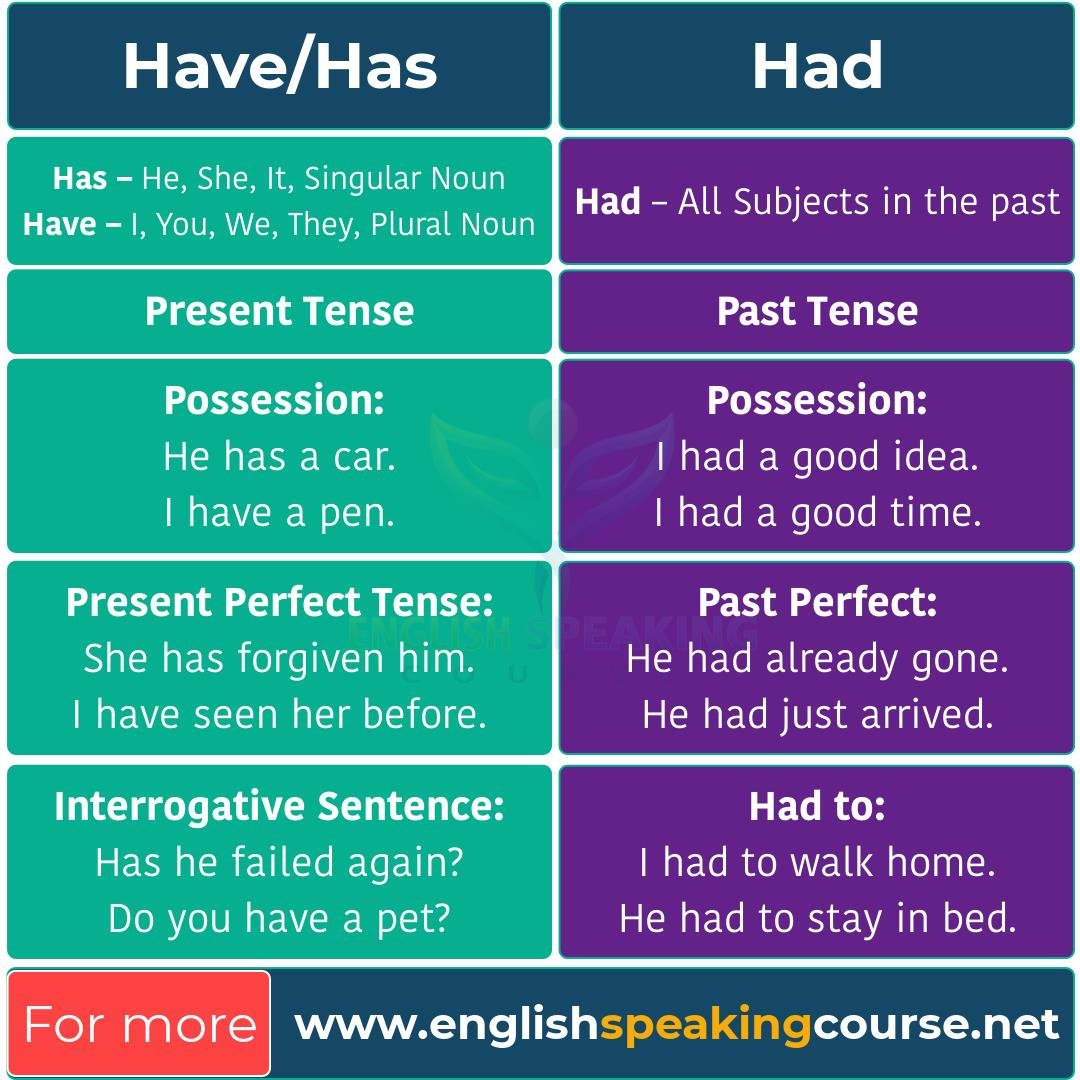
This animation teaches the learner to define and identify helping verbs, use 'am', 'is', 'are', 'was', and 'were' as helping verbs, also 'has' and 'had' as.
HAVE, HAS, HAD, HAVING and HAVING DONE. English grammar lessons for

To have means to possess or hold something. It also means to experience or undergo something. "Has" and "have" both mean the same thing as "to have." So why are there two different versions of the word? When Should I Use Have or Has? It's all to do with who we are talking about.
Verb to be amareiswaswere Interactive worksheet English Grammar

Story of "Is, Am, Are, Was, Were, Has, Have, Had Been | Concept/Usage/Conditional Sentences/Practice Dear Sir 16.7M subscribers Join Subscribe Subscribed 341K Share 7.6M views 3 years ago.
Have Has Had Basic English Grammar Grammar
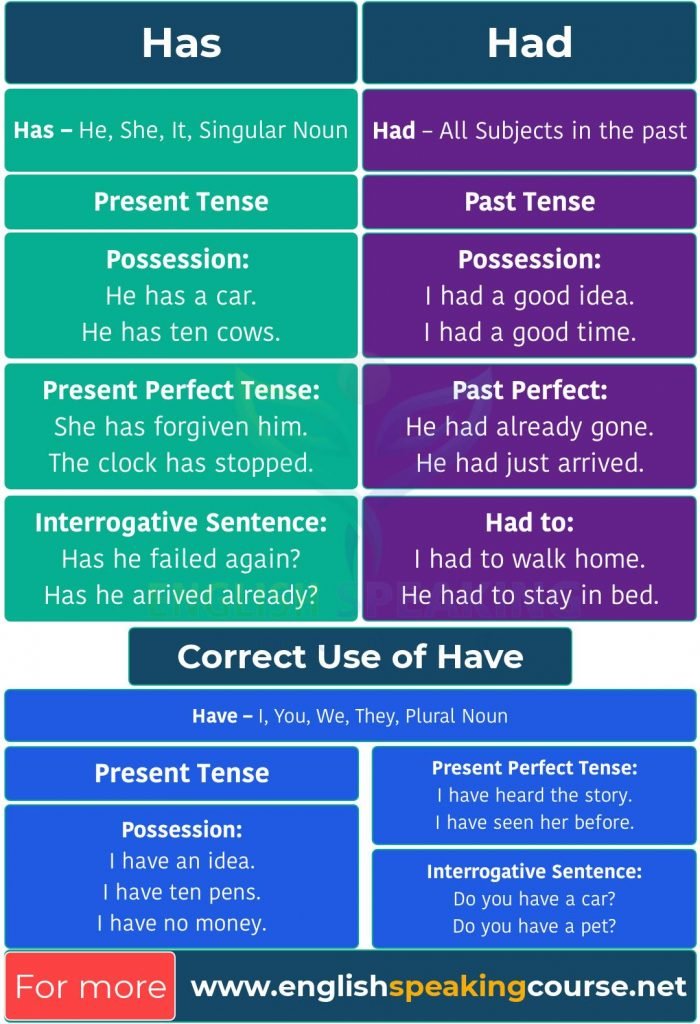
Even though "have" and "has" come from the same verb "to have," there are slight differences in the way they're used. Read about how to use them here.
HAS HAD, HAVE HAD, and HAD HAD in English usages, examples and
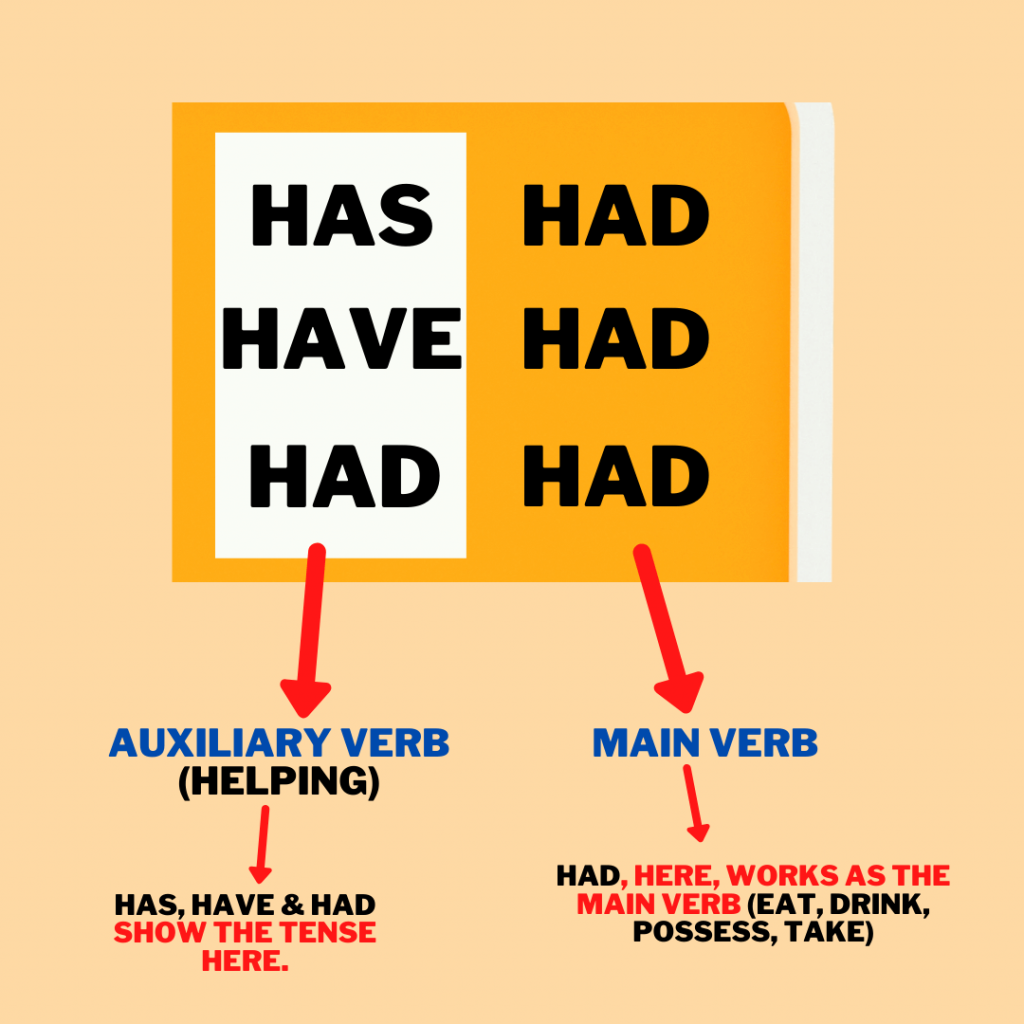
. Recommended . 2023-09-05 . null mins read Table of Contents Present and Past Tenses - "Is/Am/Are/Was/Were" Present Perfect Tense - "Has/Have/Had" Avoiding Common Mistakes Improving Communication Skills Conclusion Effective communication is rooted in proper grammar usage, and mastering verb tenses is a fundamental aspect of this skill.
was and were online worksheet am is are or was were interactive
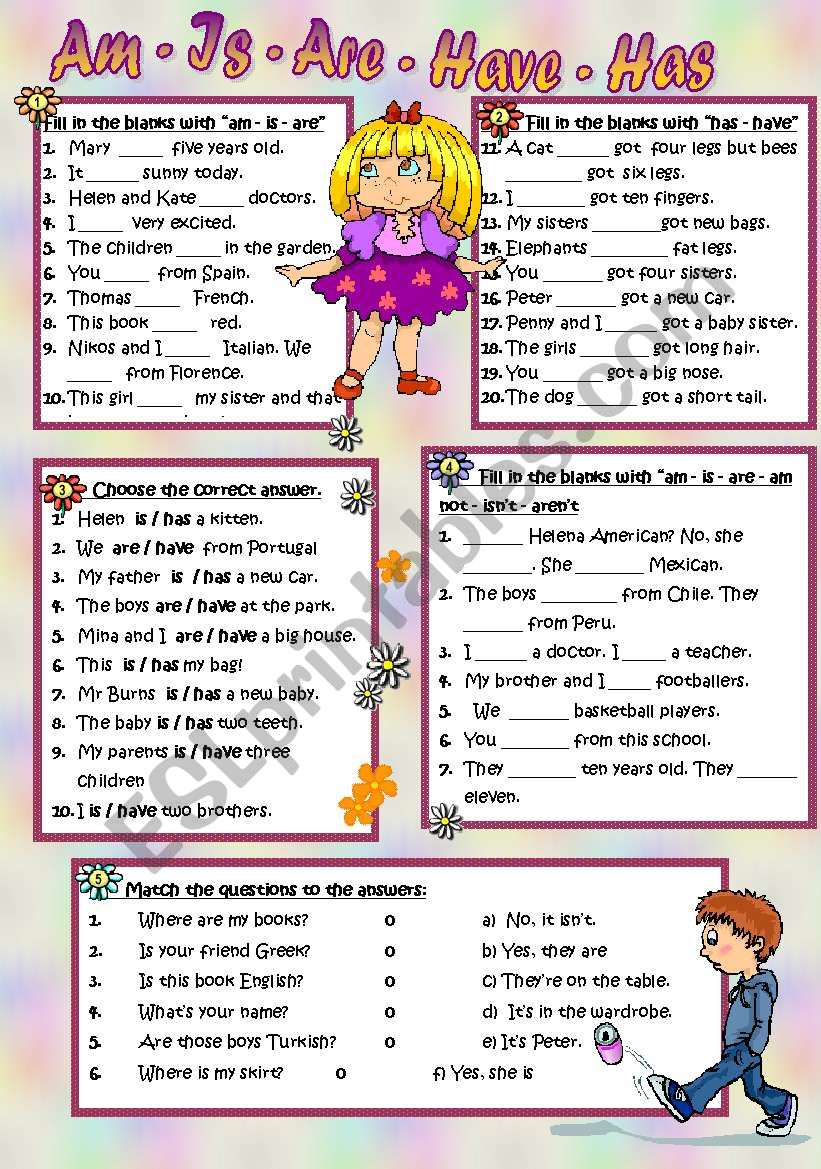
Auxiliary verbs are also known as Helping Verbs.am, is, are, has and have are used in present simple tense.am, is, are, has, have are used as main verbs in p.
Kindergarten Verbs And Nouns Worksheet / Verbs And Nouns Worksheet Free

Understanding Has vs. Have (Definition and Examples) | GrammarBrain Home / English / October 3, 2022 Understanding Has vs. Have (Definition and Examples) In our minds, the difference between has and have are evident. As a native English speakers, we use these verb forms flawlessly.
AM, IS, ARE , WAS , WERE, WILL BE, HAVE, HAS, HAVE HAS BEEN, HAD BEEN

Confused about Where To Use "Is / Are / Am / Was / Were" And "Has / Have / Had"? We Are Here To Help! admin 2022-12-15 3 min read The past tense in English is a common complaint from my students. The past tense is formed by simply adding the suffix "-ed" to the end of a verb. Simple!
Complete Com Verbo To Be Am Is Are EDUCA

you (all) have. 3rd person: he, she, it, they. he/she/it has. they have. You'll notice that the only subject you should use "has" with is third person singular (he has, she has, it has). You should use "have" everywhere else. The subject "Al and Sue" is third person plural (the same as "they"), so use "have." Al and Sue have purchased a new home.
Has Have Had Fill in the Blank Worksheet Have Fun Teaching

In short: Warnings have been issued for large parts of Victoria after heavy rain led to flooding in the state's centre and into the north. Residents of parts of Rochester, Seymour and Yea have.
DO, DOES, AM, IS, ARE, WAS, WERE, WILL, WOULD, HAVE, HAS, HAD. ENGLISH

In this comprehensive English grammar tutorial, you will learn how to properly use "is, am, are, was, were, has, have, and had" in your writing and speaking..
Use of Has and Have Worksheets for Grade 1 Kidpid
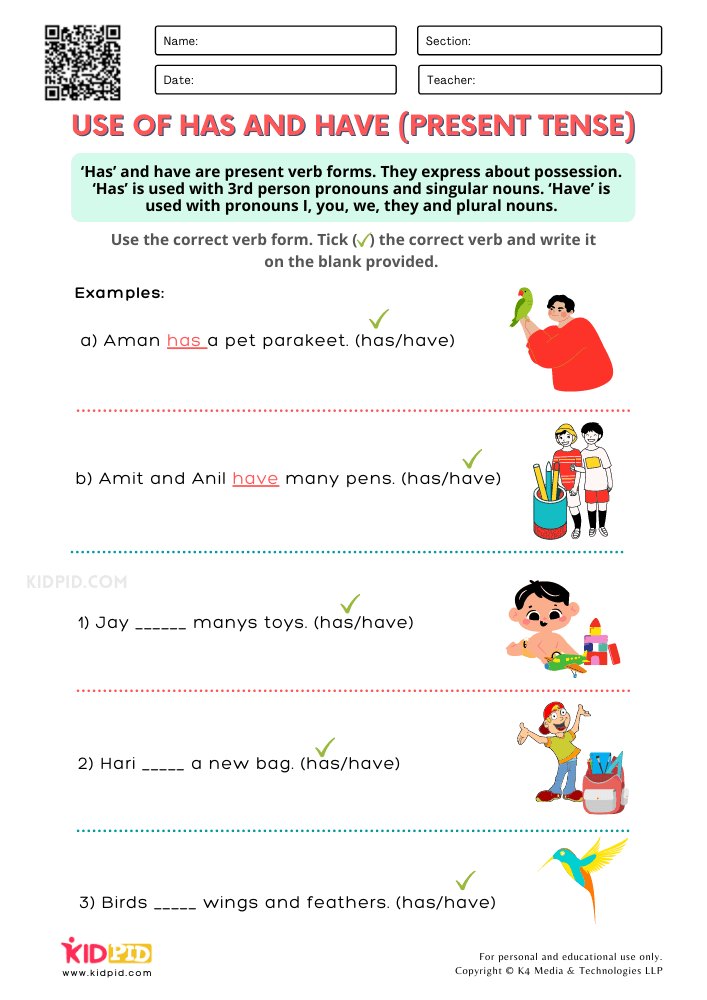
What Are Auxiliary Verbs? An auxiliary verb is used with a main verb to help express the main verb's tense, mood, or voice. For example (auxiliary verbs highlighted, main verbs in bold): Tense. The tense of a verb tells us when the action took place. Sally was eating the cake. Mood.
WAS vs WERE 🤔 How to use the verb correctly English grammar

1 Answer Sorted by: 5 You are quite right: these both require plural verbs. Any dictionary should give you the conjugations of have and be
Pin on Taller de ingles

Has and have are two of the English language's most popular words to describe possession. But just because these words are used in everyday conversation doesn't mean we're familiar with the grammar rules on how to use them correctly. Has and have are both forms of the verb to have, but they are used in different grammatical contexts.
There + is/are/was/were/has been/have been/will be Exercise 2
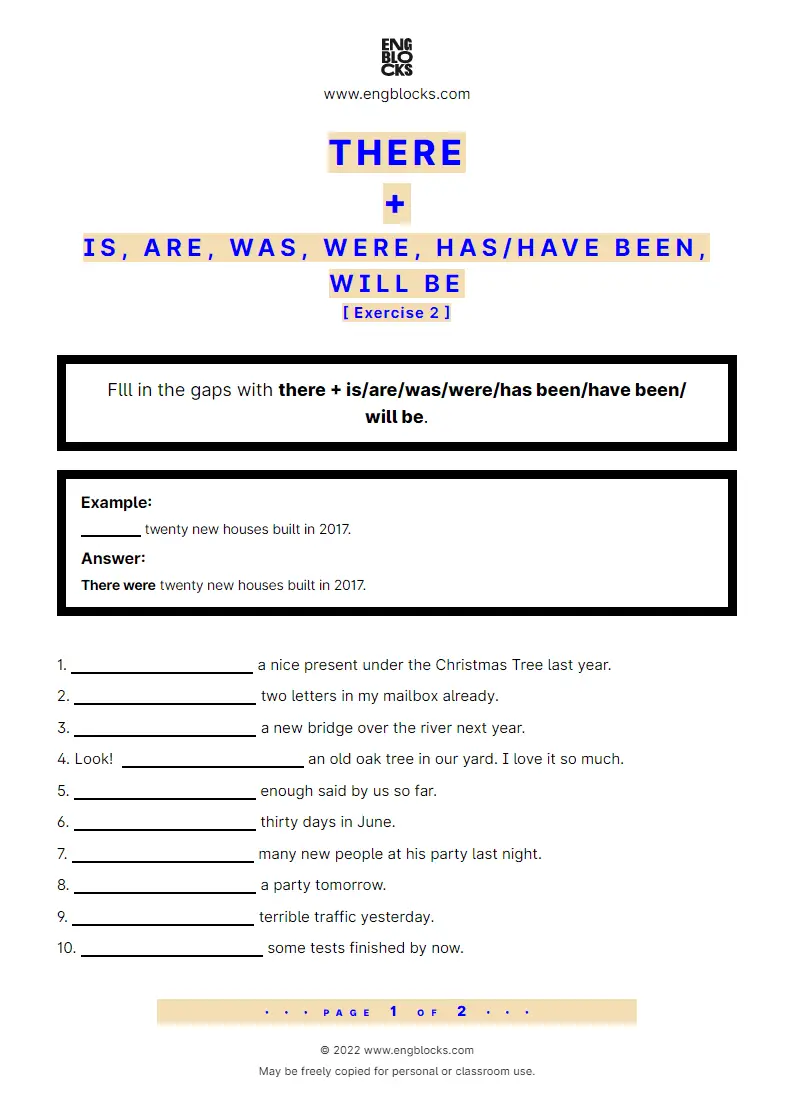
1 Answer. The subject of the clause is "the failed object and each completed object"; since it is plural, the verb needs to be have. My father and I are going to visit my grandfather. My girlfriend and her sister have visited Italy at least once. That is because the clause is using and as conjunction; if it uses or, the subject would be singular.
Was / Were To Be in Past Tense Woodward English
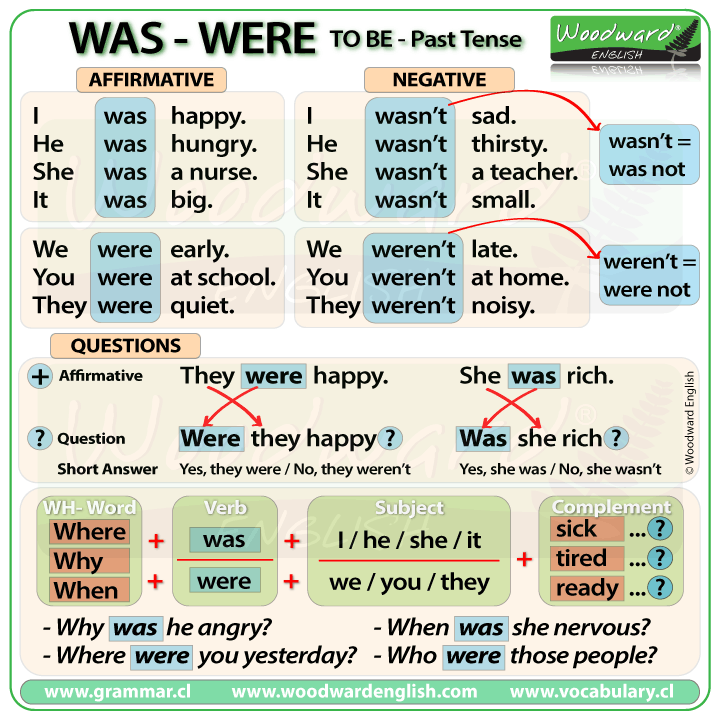
This question already has answers here : "There Is"/"There are" depends on plurality of the first list element or not? (5 answers) Closed 3 years ago. 1) There has been a funeral, two weddings and three thefts since you left. OR 1) There have been a funeral, two weddings and three thefts since you left.